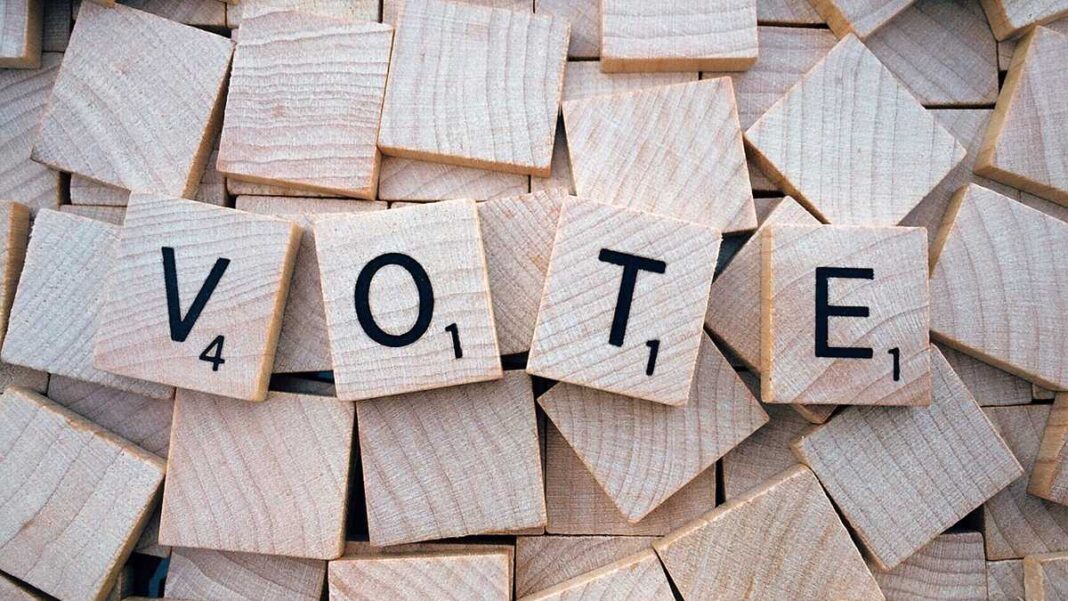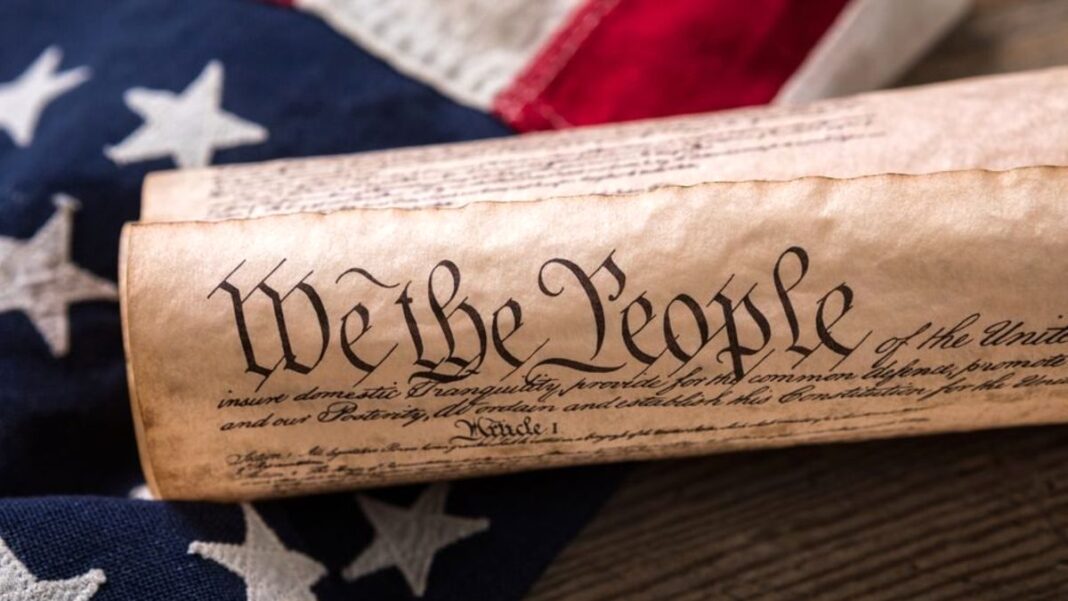From common election questions to the top races to watch, here is information voters need to know about the general election.
With just weeks to go until the general election, election offices across the country are making their final preparations, and in some cases, accepting ballots.
Here are the answers to some common questions voters may have as they gear up to cast their ballots.
When Is Election Day?
Election Day is Tuesday, Nov. 5.
Who Can Vote?
Only U.S. citizens ages 18 or older are permitted to vote in federal elections.
Can I Vote Early?
That depends on your state.
Most states offer early or absentee voting for any reason, though a few (Alabama, Mississippi, and New Hampshire) require voters to meet certain eligibility requirements.
To vote absentee, you will need to request a ballot before your state’s deadline unless you live in one of a handful of states that automatically mail out ballots to all voters.
Those states include California, Colorado, Hawaii, Nevada, Oregon, Utah, Vermont, Washington, and the District of Columbia, which allow all elections to be conducted by mail.
You can check your eligibility and request an absentee ballot through your local election office or via Vote.org. Ballots can be returned via mail, in-person at your local election office, or via a drop box, if your state uses them.
In most states, you can track the status of your absentee ballot online. Some may also offer text or email alerts to keep you updated as your ballot is processed.
Early in-person voting is also available in most states, though dates vary. Check this calendar to see when early voting begins and ends in your state.
What Do I Need to Do?
The first step to voting—early or otherwise—is to make sure you are registered. All states and territories, save North Dakota, require voters to register.
You can check the status of your voter registration here. Online registration is also available up until your state’s deadline.
Most states also either require or request that voters present some form of ID to vote in person, though rules vary.
In some cases, voters may be allowed to vote without any form of identification. Check your state’s requirements here.
Lastly, before heading to the polls, verify your polling location and the hours it will open with your local elections office.







